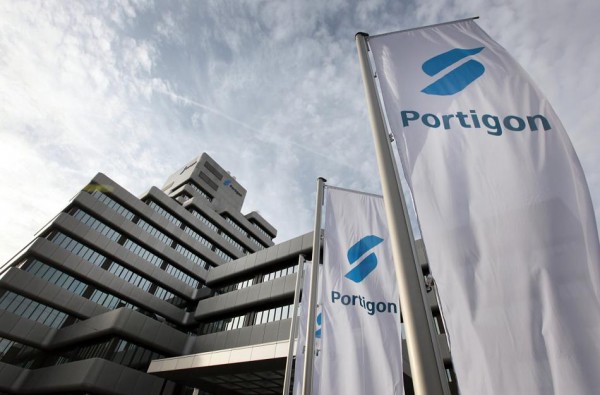
Portigon is being forced to sell its assets by the EU to pay back a bailout loan.
Photo: Marek Gehrmann via Wikimedia Commons
The German state-owned bank Portigon AG of North Rhine-Westphalia, the rebranded successor of WestLB which folded in 2012 during the financial crisis, is to deaccession its entire art collection, Stern has reported.
The approximately 400-piece art collection, which includes works by Pablo Picasso, August Macke, Joseph Beuys, and Günther Uecker, is to be sold after the European Union ordered the bank to sell its assets to pay back a bailout package borrowed in 2008.
Portigon Chief Executive Kai Wilhelm Franzmeyer said there was “no alternative” other than to sell the company’s art collection to prevent burdening taxpayers even further after WestLB accrued billions of losses.
NRW’s state museum has responded angrily to the plans. A joint statement of museum directors from the state said, “Unlike an office chair, an important piece of public art cannot be replaced after it is sold at auction and disappears into a private collection somewhere in the world.” Further, the directors denounced a “cynical” offer by Portigon to loan the collection for display before the sale. A museum show would increase the market value of the artworks.
The latest sale follows the deaccession of two Andy Warhol screenprints belonging to the NRW-owned casino conglomerate Westspiel, which were sold at Christie’s New York in November for over $100 million to help pay back the company’s considerable debt. (See “Is Germany Using Warhol Sale to Pay Off State Debt?“)
Follow @henrindf on Twitter.